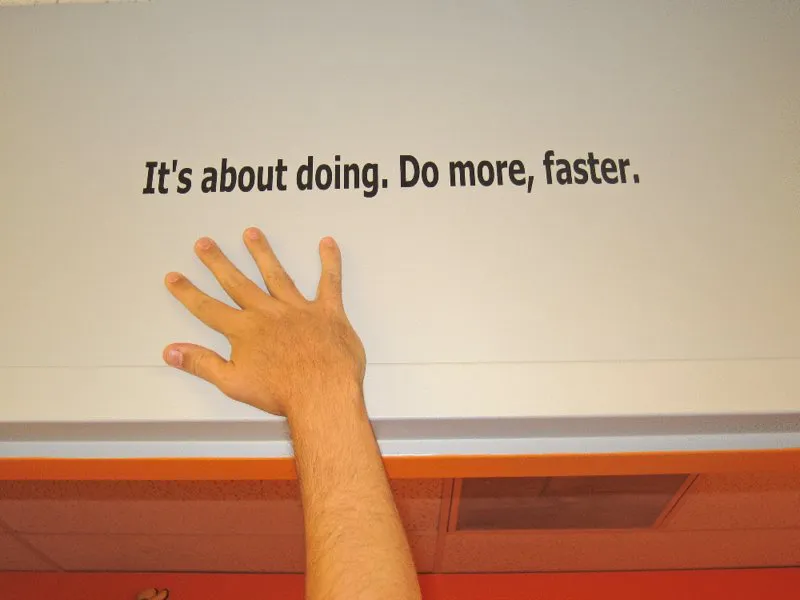
Do More Faster
Techstars Lessons to Accelerate Your Startup
Brad Feld, David G. Cohen
- English
- ePUB (mobile friendly)
- Available on iOS & Android
Do More Faster
Techstars Lessons to Accelerate Your Startup
Brad Feld, David G. Cohen
About This Book
Refreshed, updated, and expanded. Do More Faster provides time-tested advice, tips, and experiences by founders and mentors of Techstars to help entrepreneurs succeed!
David Cohen and Brad Feld, leading advocates for entrepreneurs and startups, team up to provide first-time entrepreneurs with the tools, insights, and experiences to help them do more faster. The authors share their decades of experience working with thousands of startup founders and have enlisted the advice of dozens of Techstars startup founders and mentors. Contributors include Tim Ferriss, Eric Ries, Matt Mullenweg (WordPress), Isaac Saldana (SendGrid), and other successful entrepreneurs.
Co-founders of Techstars, the worldwide network that helps entrepreneurs succeed, Cohen and Feld recognize the daunting task of creating a sustainable business and have seen first-hand the common mistakes first-time entrepreneurs make over and over. The authors take the complexity and uncertainty of starting a business and distill the critical factors into seven themes: Ideas and Vision, People, Working Effectively, Product, Fundraising, Legal and Structure, and Work and Life Harmony. They share their hard-won successes, failures, and advice for anyone with an idea who wants to create a business.
Throughout the book crucial questions are raised and addressed from multiple perspectives.
? How important is it to have an original idea?
? How is founder conflict handled?
? What are the tradeoffs between bootstrapping and financing?
Make-or-break decisions like company structure, hiring, and legal consequences are presented in an easy-to-understand style. Do More Faster will elevate your thinking on a range of important topics, help you avoid costly mistakes, and provide you with a resource to consult as you go from idea to successful business.
If you have the drive and desire to start a business, need to create a vibrant entrepreneurial ecosystem in your community, or want to spark greater innovation in your organization—don't go it alone. Use the advice, tips, and tactics found throughout Do More Faster to give yourself the best chance of succeeding.
Frequently asked questions
Chapter 1
Do More Faster

Chapter 2
Do or Do Not; There Is No Try
$DO | ! $DO; try
Try: command not found
Theme One: Idea and Vision
- Good Morning David!
- I have an excellent idea that will transform the world and I would like to join your accelerator to make it happen! I can’t tell you what it is but trust me, it will make both of us a lot of money!
- Dear Mr. Feld,
- I hope this email finds you doing well. I am a chemical engineer and I have created a novel technology that will make coal-fired power plants more efficient, lowering operating costs, which will translate into lower prices at the fuel pump.
- Hey David and Brad—
- Do you know how many cars and trucks there are in the good old US of A? 253 million! And each car and truck can use the technology I’m developing. Each and every one. I have an idea that will probably take a year to finish up and after that, I’ll be your first multibillion-dollar company!